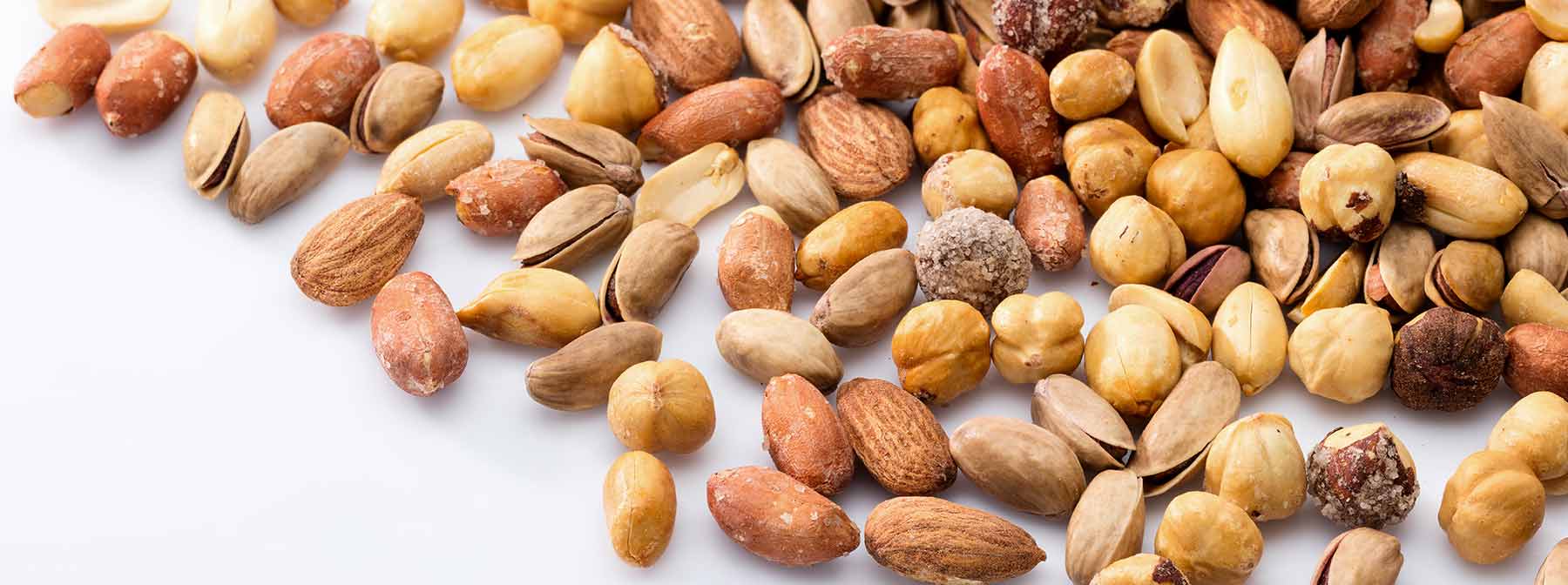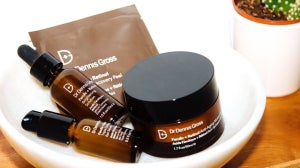
We love miracle foods that work wonders on our body - promising improved skin, silky hair and cognitive benefits. And with the added knowledge that just a handful of one can significantly reduce our risk of heart disease, respiratory illness and even cancer? Consider it added to our shopping list! Thanks to a recent study conducted by BMC Medicine, there is a new super-food making waves in the health and beauty industry that claims to reduce your risk of cancer by 15%! And you can find everything you need to know, right here…
The

*Cancer by 15%, Cardiovascular disease by 21%, Coronary heart disease by 29%, Respiratory disease by 52% and Diabetes by 75%.
But exactly what type of nuts should we be eating? And how much consumption is necessary to achieve these results? According to BMC Medicine, the answer is just one ounce of tree nuts (botanically defined as dry fruit containing one seed, within the ovary wall that becomes hard at maturity) per day is enough! Any consumption beyond this did little to better the numbers.

Classified nuts include: Walnuts, Almonds, Hazelnuts, Cashew nuts, Pistachios and Pecans. Lead author of the study and researcher at Imperial College of London, Dagfinn Aune, explains the findings:
"It has been shown in randomised trials that a higher nut intake can reduce triglycerides and cholesterol in the blood and nuts are high in fibre, antioxidants, and polyunsaturated fats"
So, as long as you're not allergic to nuts, this minor dietary adjustment could have a greater impact on your health than first realised. Cashew, anyone?









